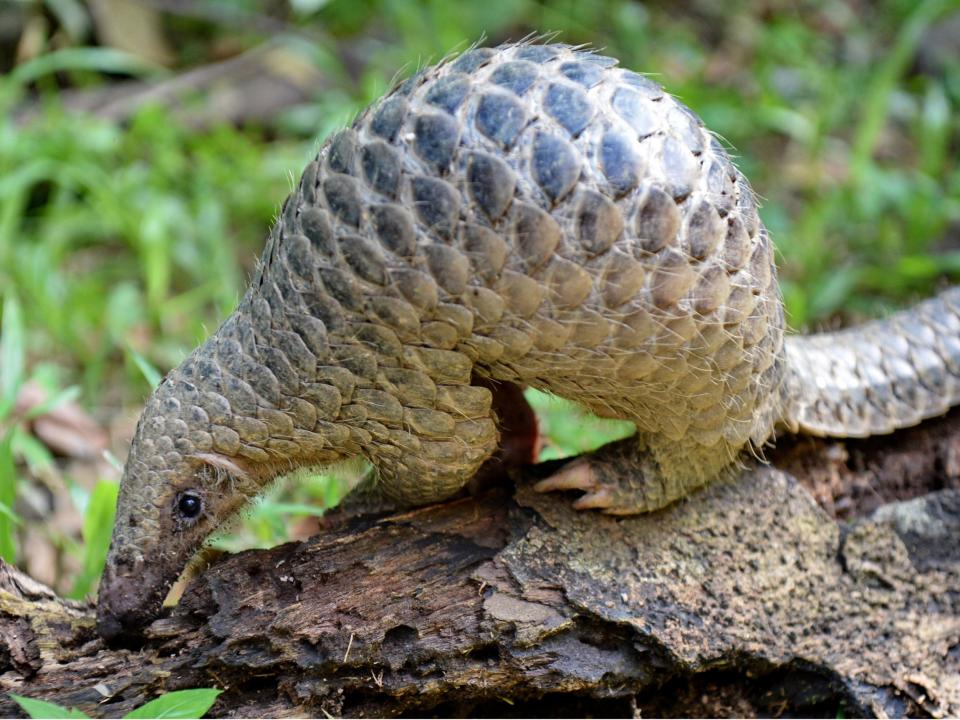Pangolins could be wiped out in China as habitat slashed by half

Pangolins in eastern China have lost half their habitat in recent decades due to humans moving in to hunt them for meat and scales.
The “scaly anteaters” have been driven into an ever-smaller patch of land since the 1970s and are now confined largely to the Wuyi mountain range.
In the first study to look at long-term population changes for these threatened animals in China, a team of scientists has set out a strategy to preserve them in their remaining habitat.
Pangolins are the most illegally trafficked mammals in the world, with meat prized as a delicacy in China and Vietnam and scales considered a delicacy in traditional Asian medicine.
Those who subscribe to such beliefs think the scales have the power to cure all sorts of diseases including asthma and arthritis.
While the researchers considered the potential impact climate change might have had on the pangolins’ retreat to higher altitudes, they concluded that human activity was by far the biggest factor.
In their paper published in the journal Proceedings of the Royal Society B, the researchers noted that pangolins were being pushed into the mountains as human communities expanded across the lowlands.
They used local historical documents to assemble a long-term record of pangolin populations in region and how they had changed over nearly five decades.
As better transport links have been developed in these low-lying regions, the trade in pangolins has seen a boost due to the ease of transporting live animals across the country for consumption.
“Pangolin’s passive defence strategy in dealing with human hunting has provided convenience for human hunting,” the authors noted.
The trade in pangolins is illegal, but rising demand and prices combined with widespread local poverty have been a deadly combination for these animals.
While all eight species of these unusual mammals are threatened with extinction, the scientists said there was hope for the Chinese pangolin.
“Environmental protection programmes in China may have positive impacts on pangolin populations,” the authors explained. “The rate of decrease has been dropping since several environmental protection programmes were launched in the late 1980s, such as the PRC Law on the Protection of Wildlife, the Natural Forests Protection Program and establishing nature reserves.”
To preserve the region’s remaining pangolins, they identified a range of priority areas for conservation in China, including 18 nature reserves and 46 prefectures.
As the trade in pangolin parts is so engrained in traditional culture, the scientists urged a range of measures that considered their protection a social issue as well as a conservation issue.
They included cracking down on traditional medicine pharmacies supporting the illegal trade and working in collaboration with communities in mountain areas.

 Yahoo News
Yahoo News 